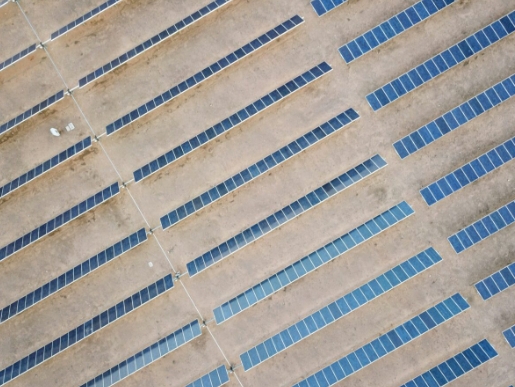
Situated within the Seven Forks Cascade, the project site leverages an area where KenGen already operates around 600 MW of hydropower capacity through its Masinga, Kamburu, Gitaru, Kindaruma, and Kiambere facilities. The addition of solar and storage capacity aims to enhance the region’s renewable energy infrastructure, supporting Kenya’s sustainable energy goals. “This project will strengthen our renewable energy portfolio, ensuring reliable power supply for communities,” said a KenGen representative.
In August 2024, the French Development Agency announced funding support for the Seven Forks project, facilitating its development. The initiative aligns with Kenya’s efforts to expand its renewable energy capacity, which, according to the International Renewable Energy Agency (IRENA), reached 369 MW of cumulative solar capacity by the end of 2024, unchanged from the previous year.
The Seven Forks project complements other renewable energy efforts in Kenya. For instance, in March 2025, Apex, a Kenya-based consultancy, announced a tender for two 40 MW solar projects in Kajiado and Makueni counties in southern Kenya. These initiatives reflect the country’s commitment to diversifying its energy mix and increasing access to clean power.
By integrating solar power with battery storage, the Seven Forks project will improve energy reliability and grid stability, particularly in areas dependent on hydropower. The project is expected to contribute to local economic development by creating opportunities during construction and operation phases while supporting Kenya’s transition to a more sustainable energy future. KenGen’s focus on renewable energy underscores its role in addressing growing electricity demand through environmentally responsible solutions.